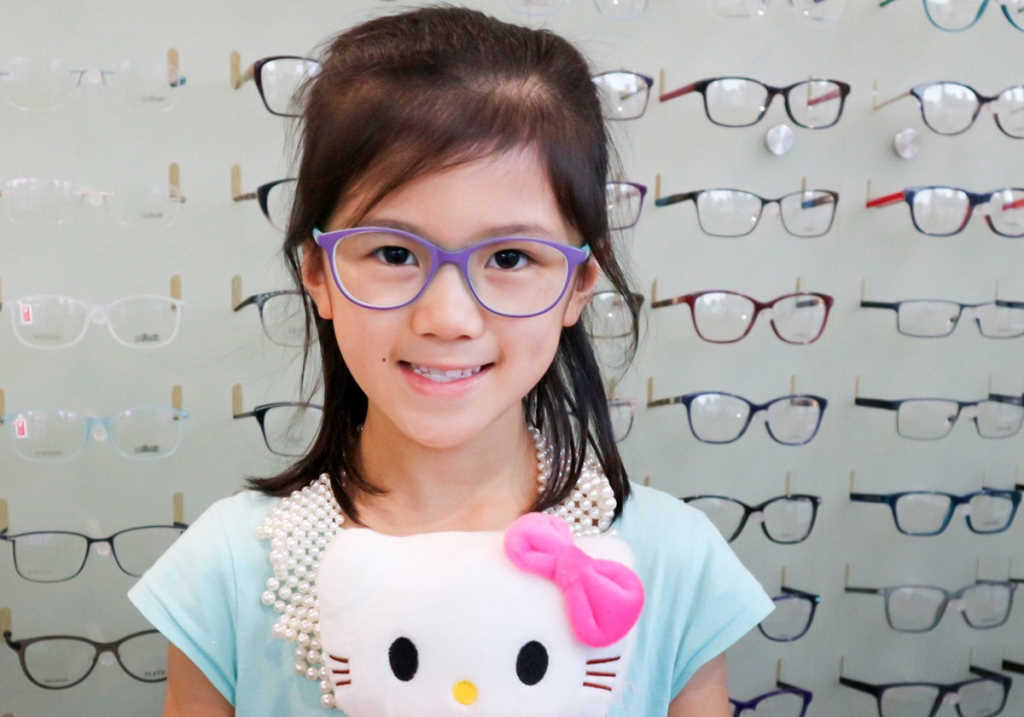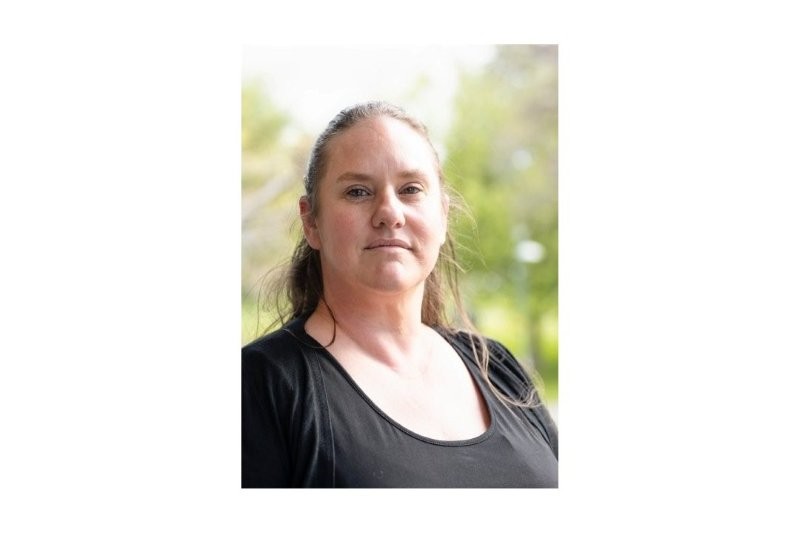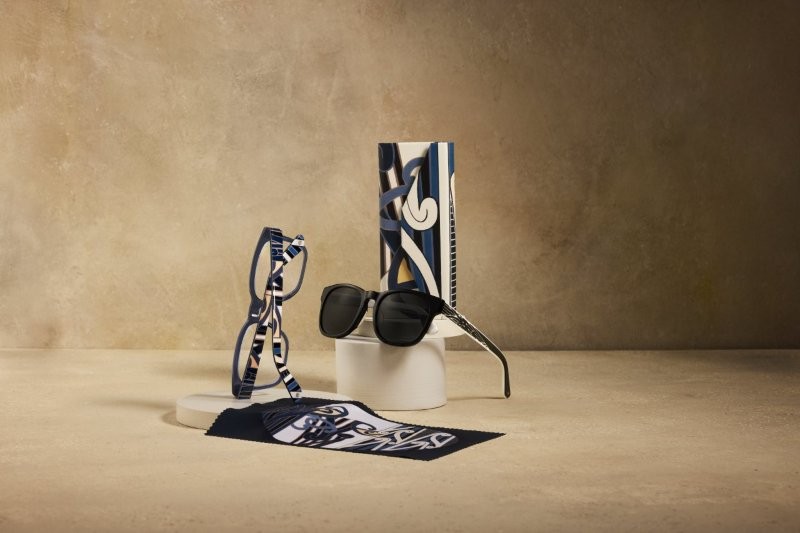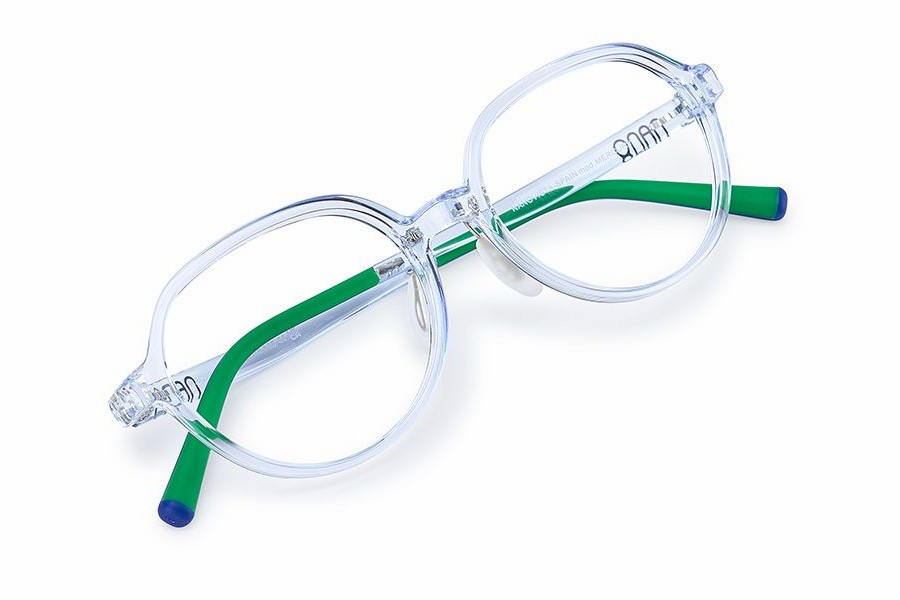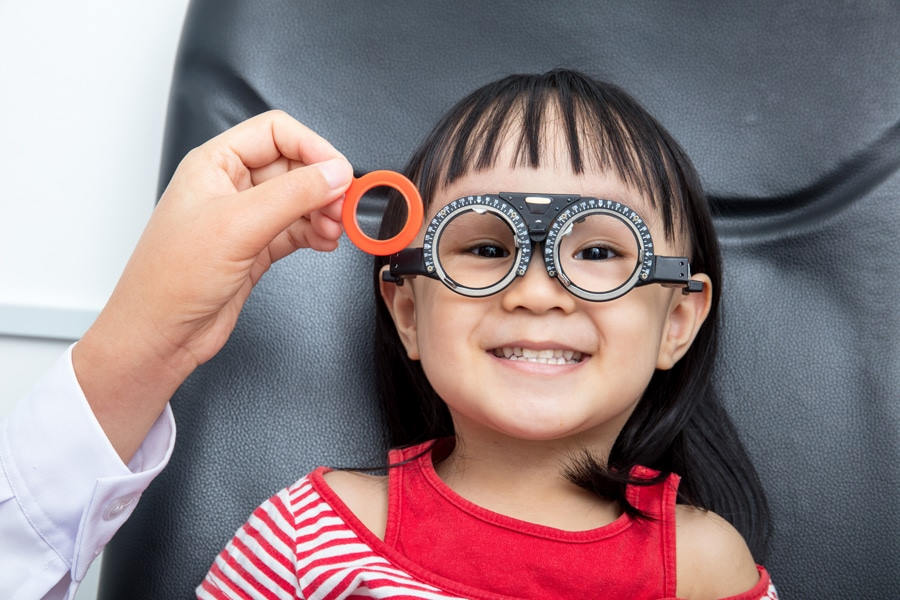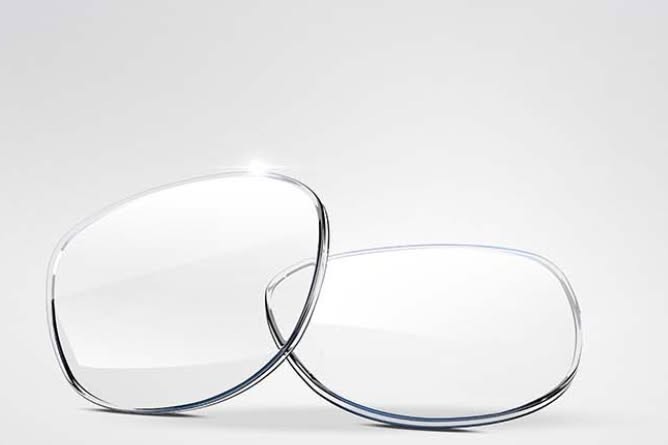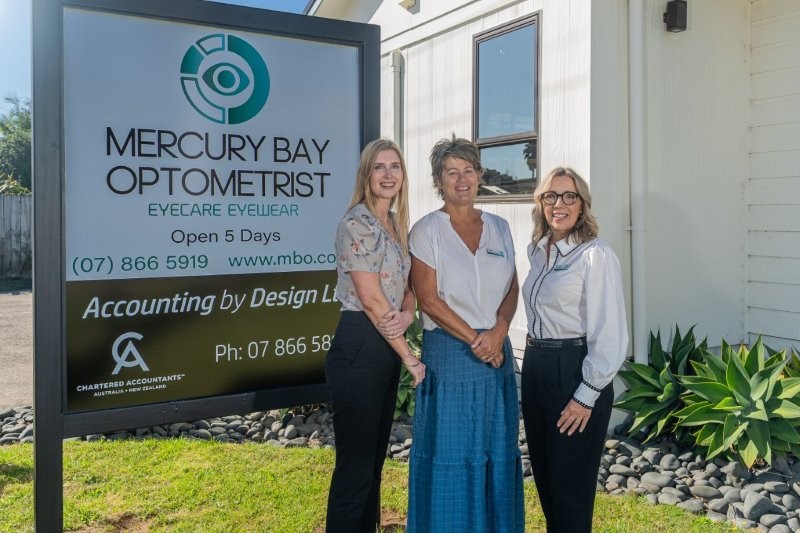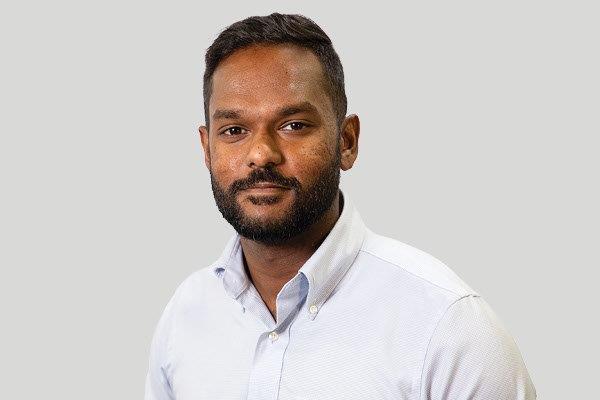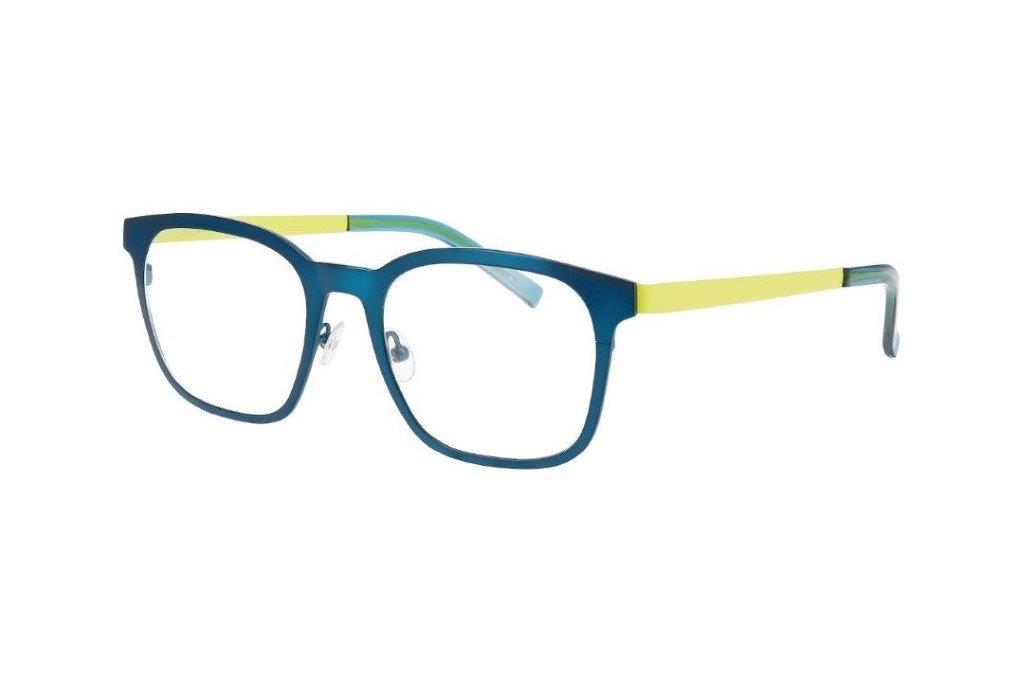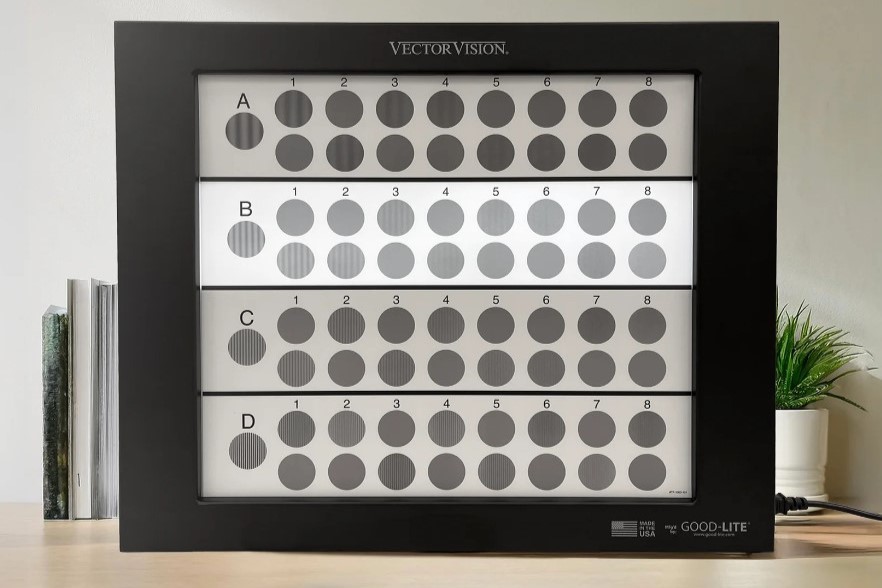Survey highlights need for myopia education
The results of a global survey have indicated a significant gap between the concern of eye care professionals (ECPs) and the understanding of parents regarding the growing myopia epidemic. Four in five ECPs (82%) expressed concern that their younger patients will have significant eye health issues associated with myopia as they grow older and yet over half (54%) say parents don’t understand these future eye health risks.
The Coopervision survey assessed 1,009 parents with children aged six to 15 across Australia and New Zealand, Canada, Spain, the United Kingdom, Germany and Hong Kong. While at least eight in 10 parents expressed familiarity with the term ‘nearsightedness’ across all surveyed countries (82-98%), only Spain (91%), Hong Kong (86%), and Australia and New Zealand (90%) could say the same for ‘myopia’.
Following an explanation of myopia, 87% of surveyed parents were open to learning more about myopia management solutions. After learning specifically about Coopervision’s MiSight daily soft contact lenses, designed to slow the progression of myopia in children, the majority (76%) said they also felt they were safe and easy to use for children as young as eight years old. This compares well with the finding that half of ECPs are comfortable fitting myopic children with contact lenses from that age. Overall, the average starting age ECPs were comfortable with was 9.1 years old, while parents preferred 11.7 years old.
“In these results, we see both opportunity and encouragement for myopia management globally,” said Jennifer Lambert, Coopervision’s senior director of global myopia management. “A top priority for us and many of our partners is to strengthen myopia awareness among parents worldwide. This is an important step towards our vision for myopia management as a standard of care, and it will take teamwork and commitment from industry, eye care professionals, paediatricians, parents and others to succeed. The indication that parents are open to learning about solutions once they understand the condition is welcome encouragement that these efforts will prove effective and worthwhile.”









